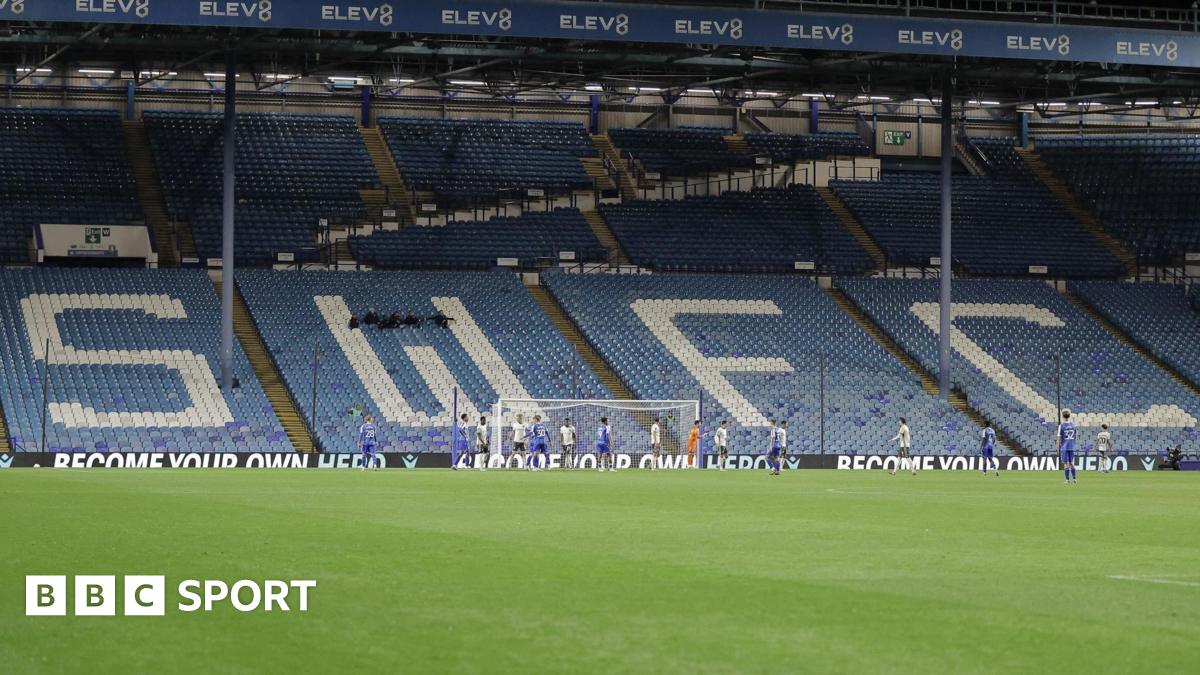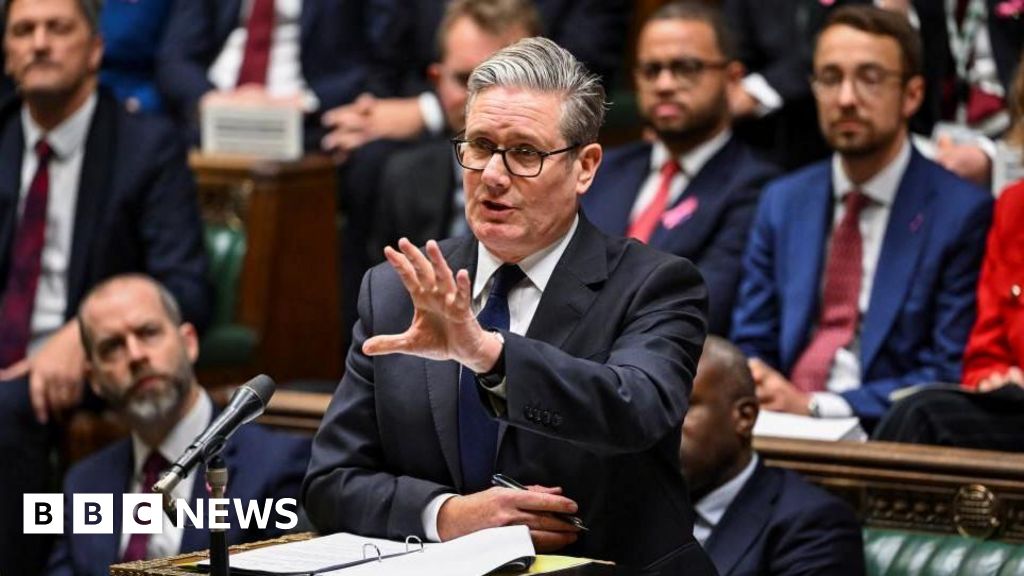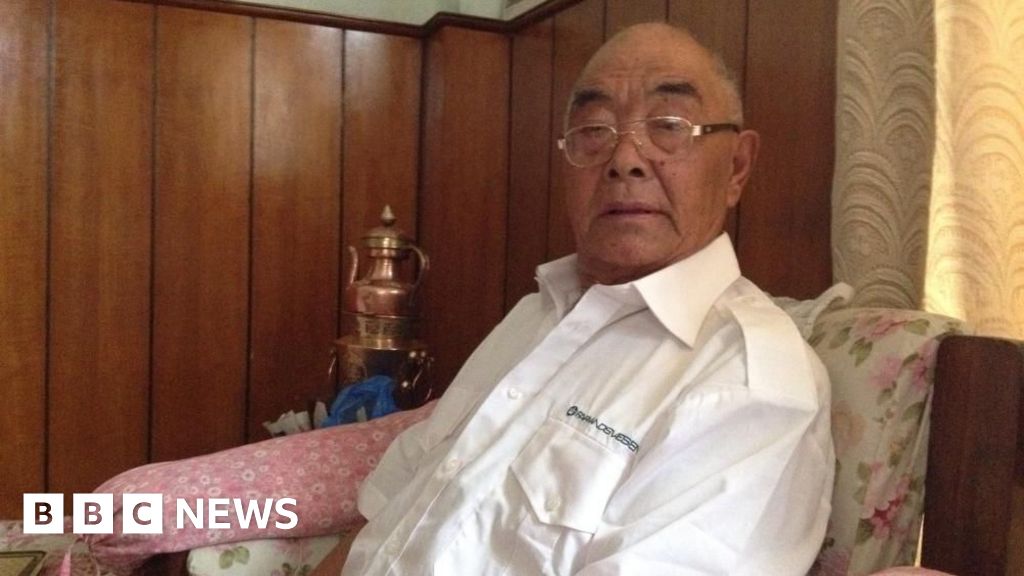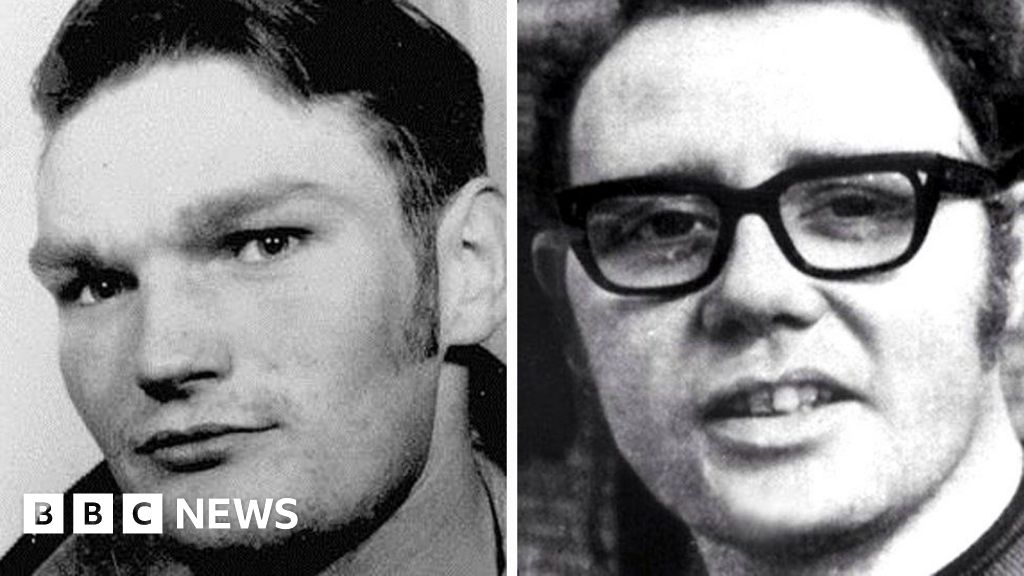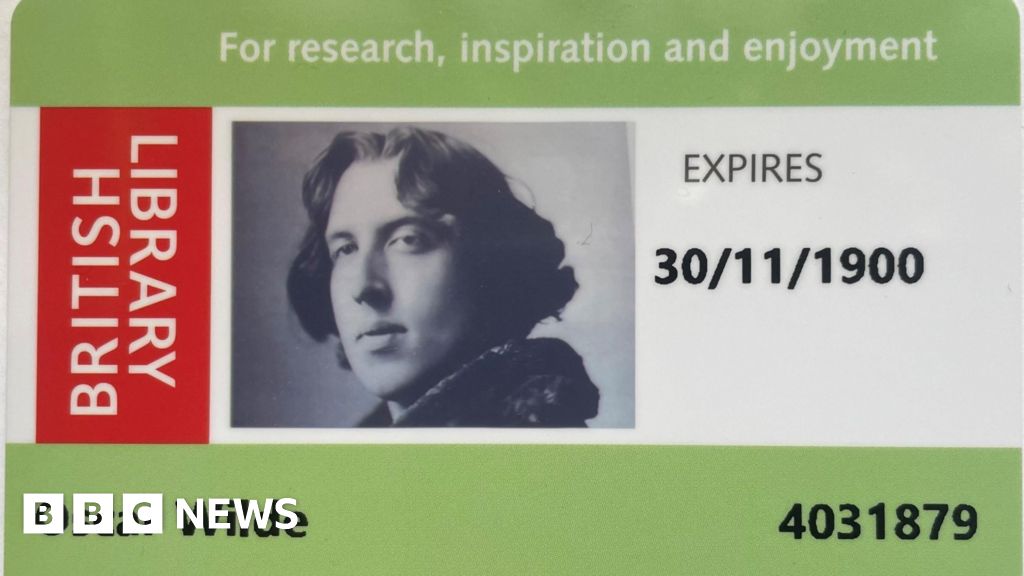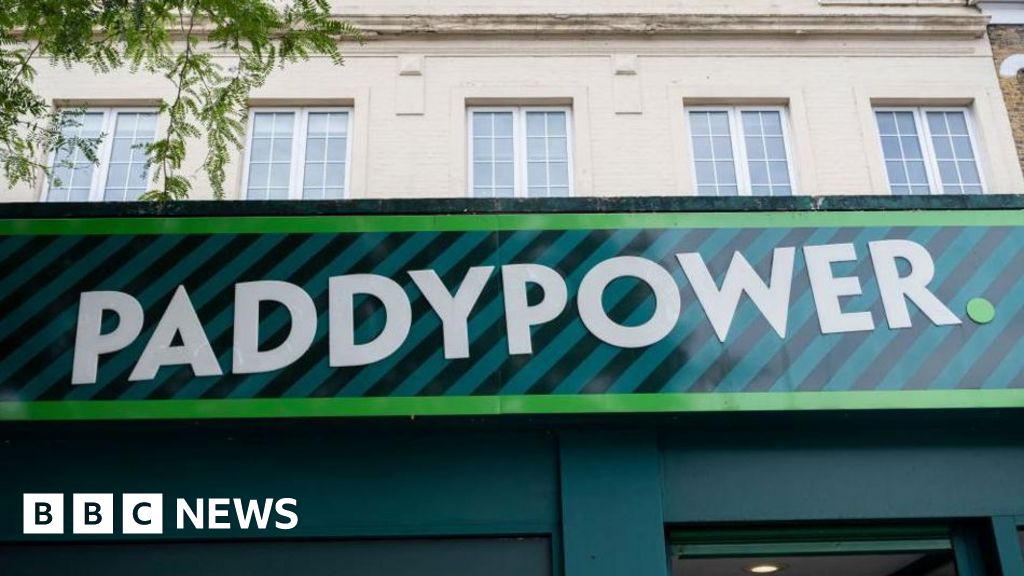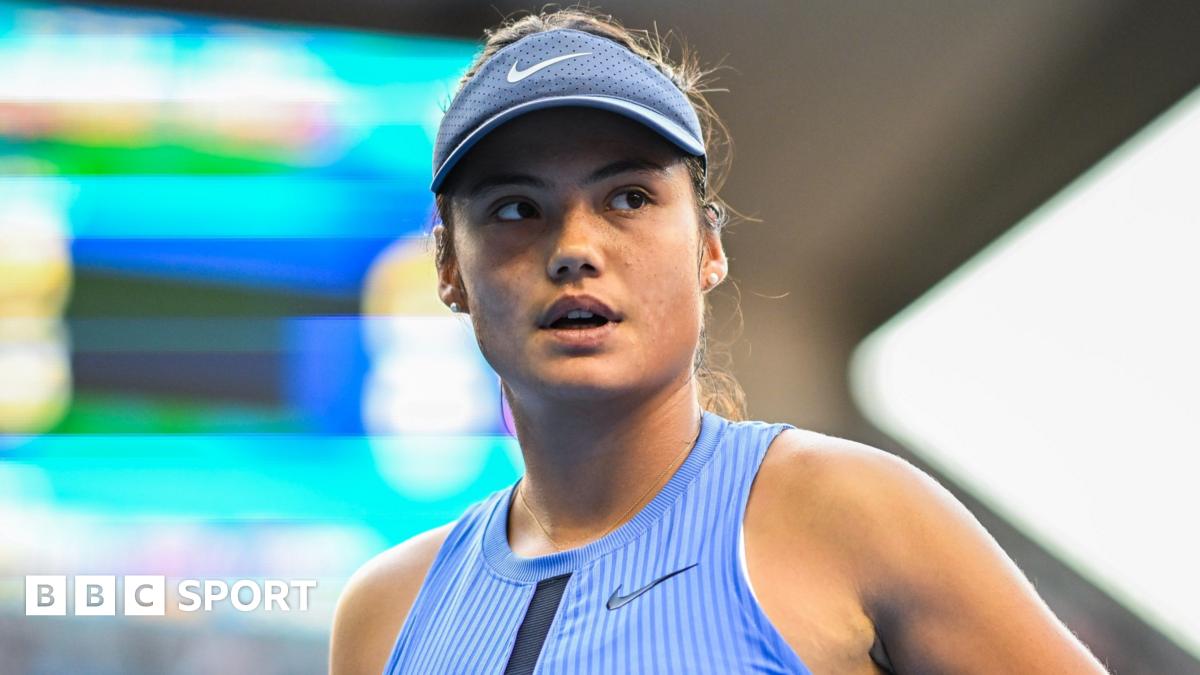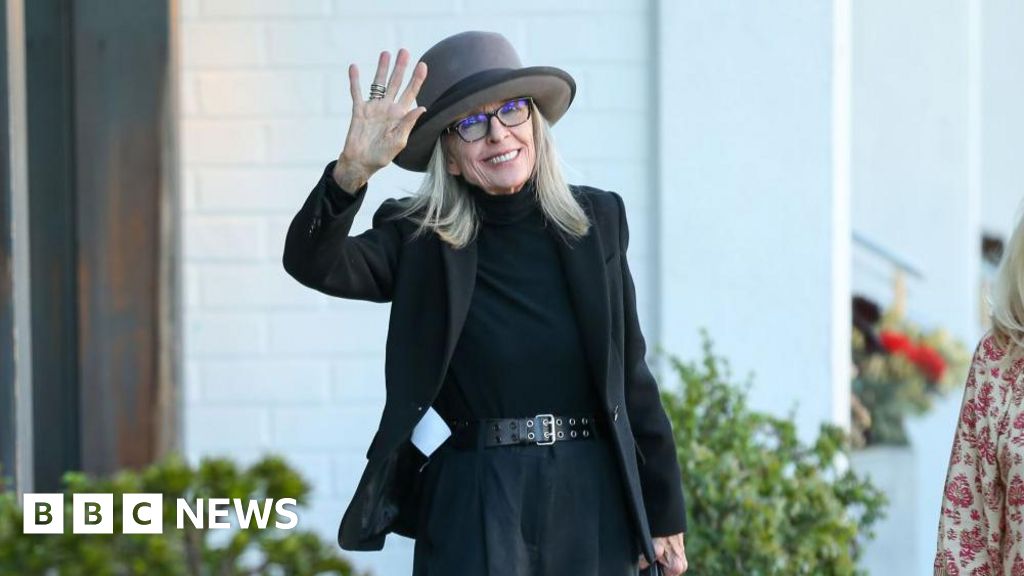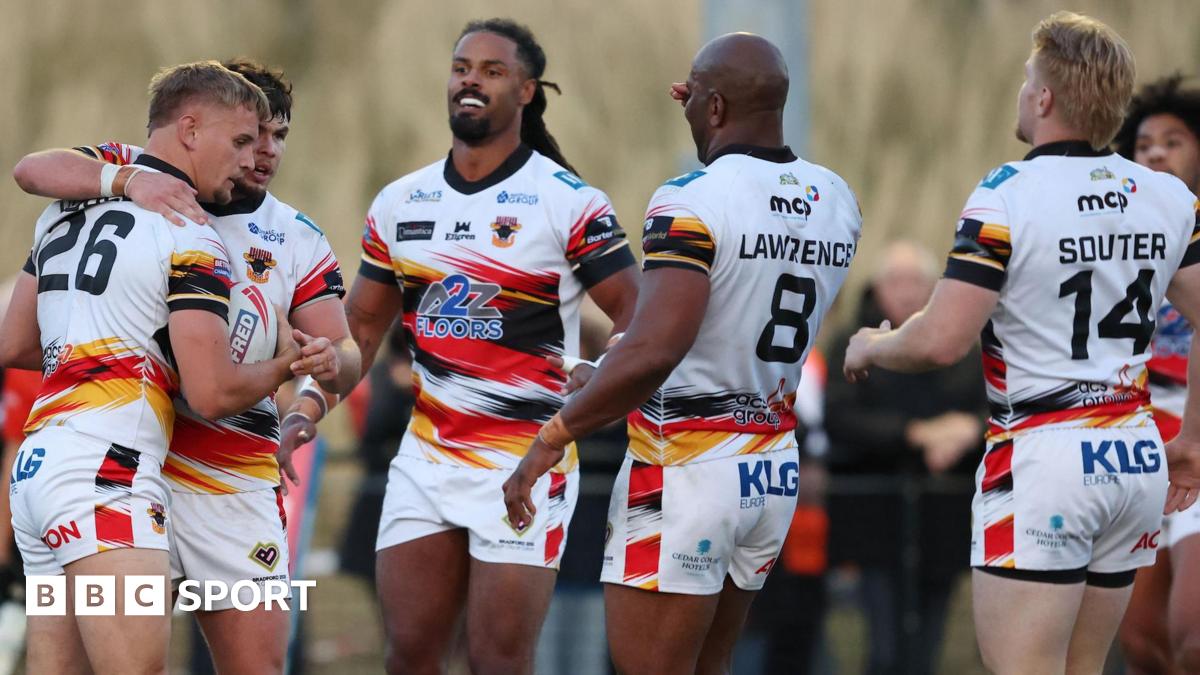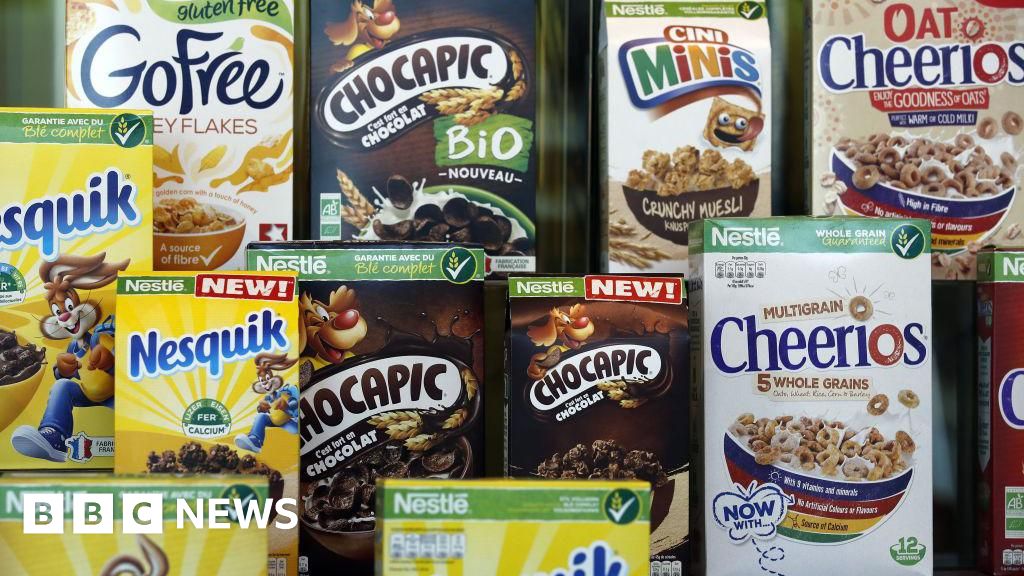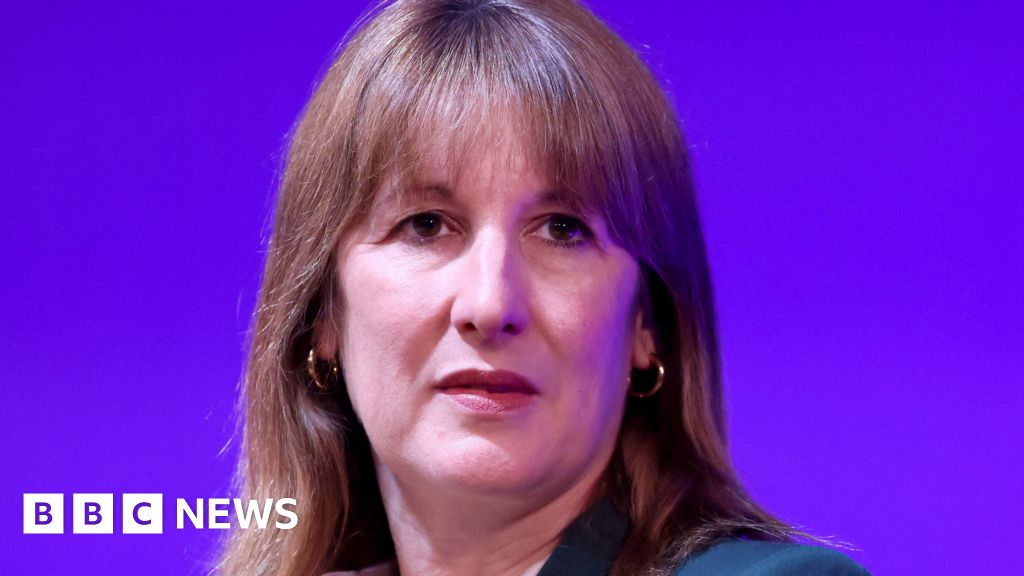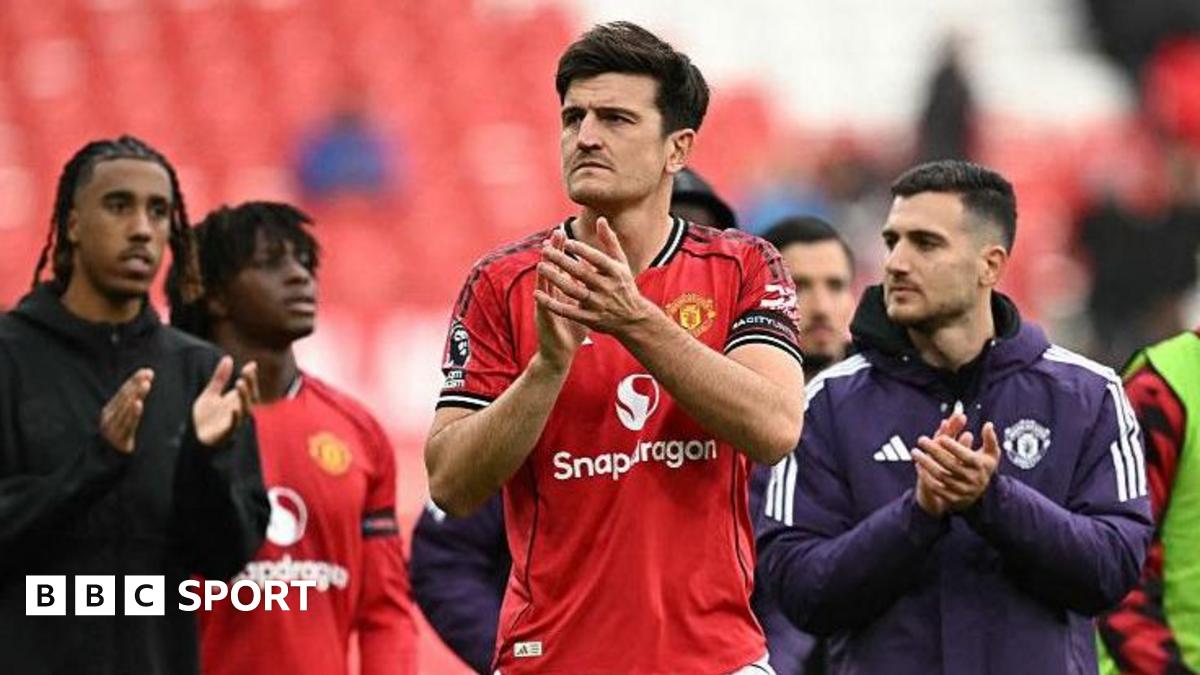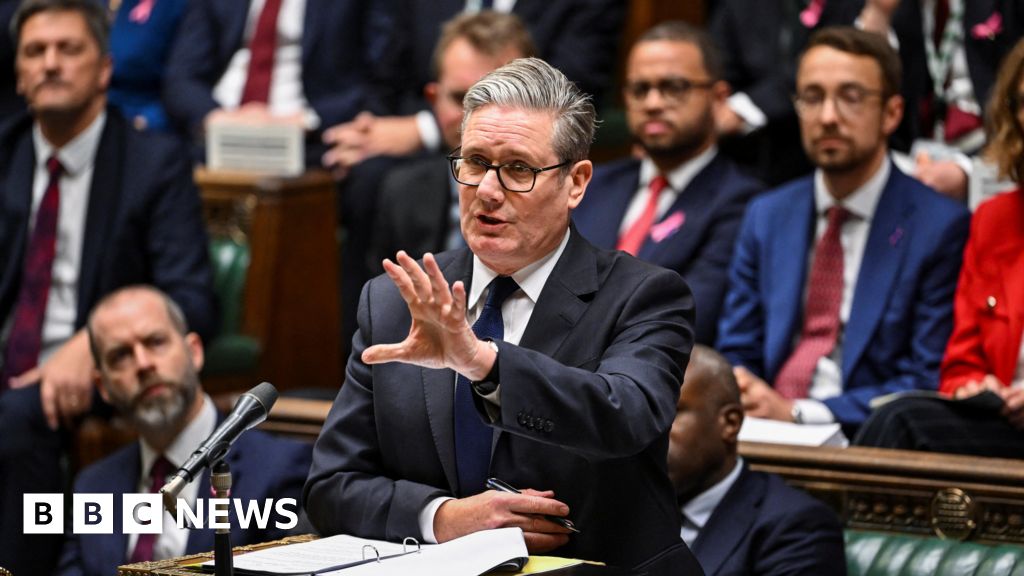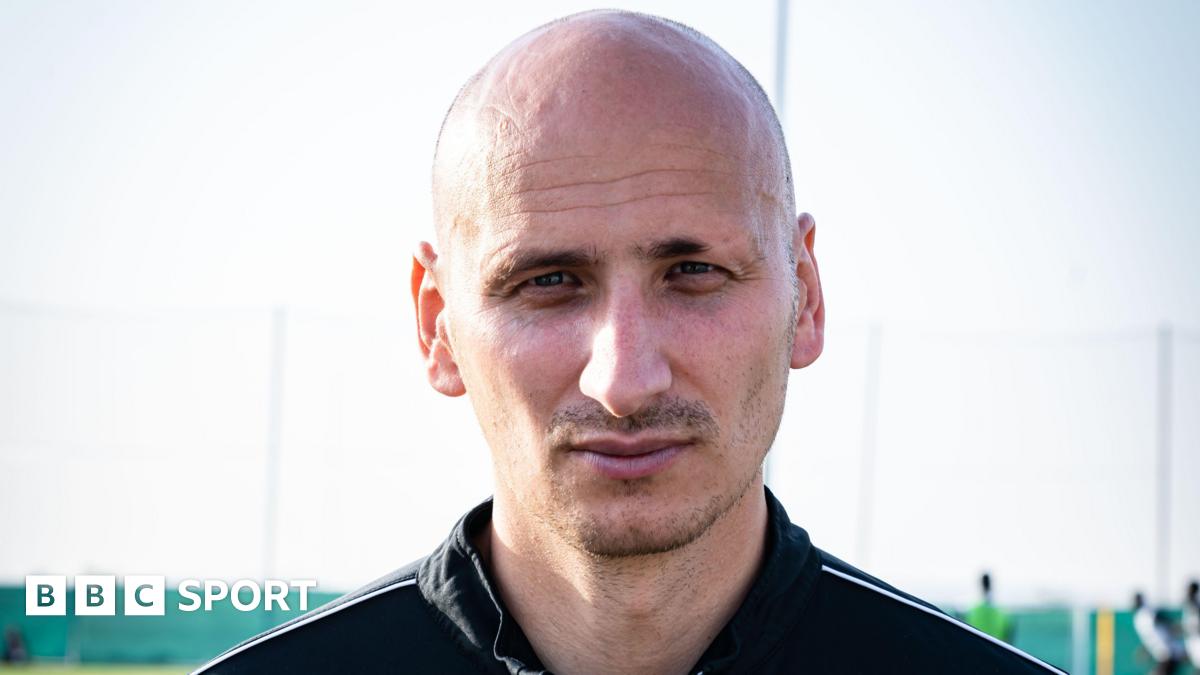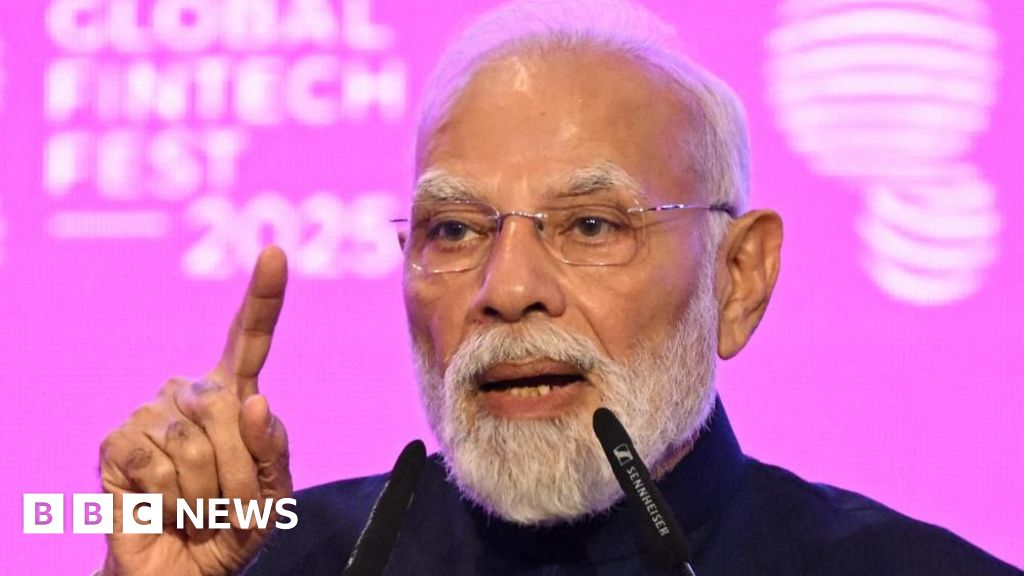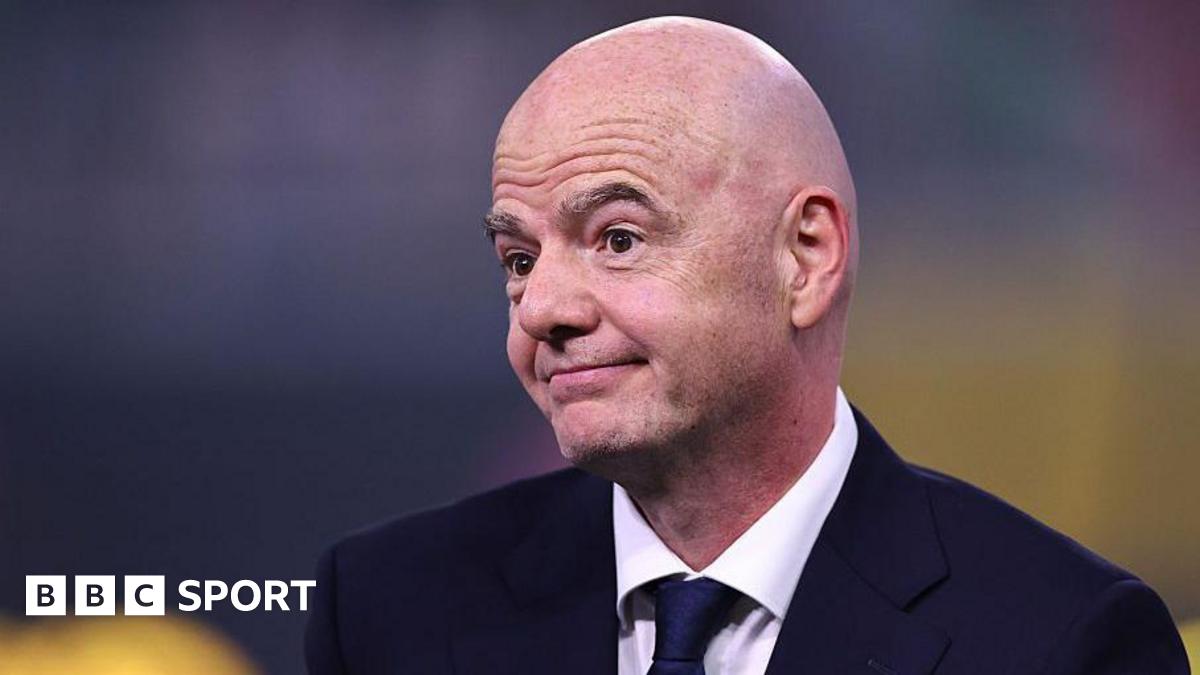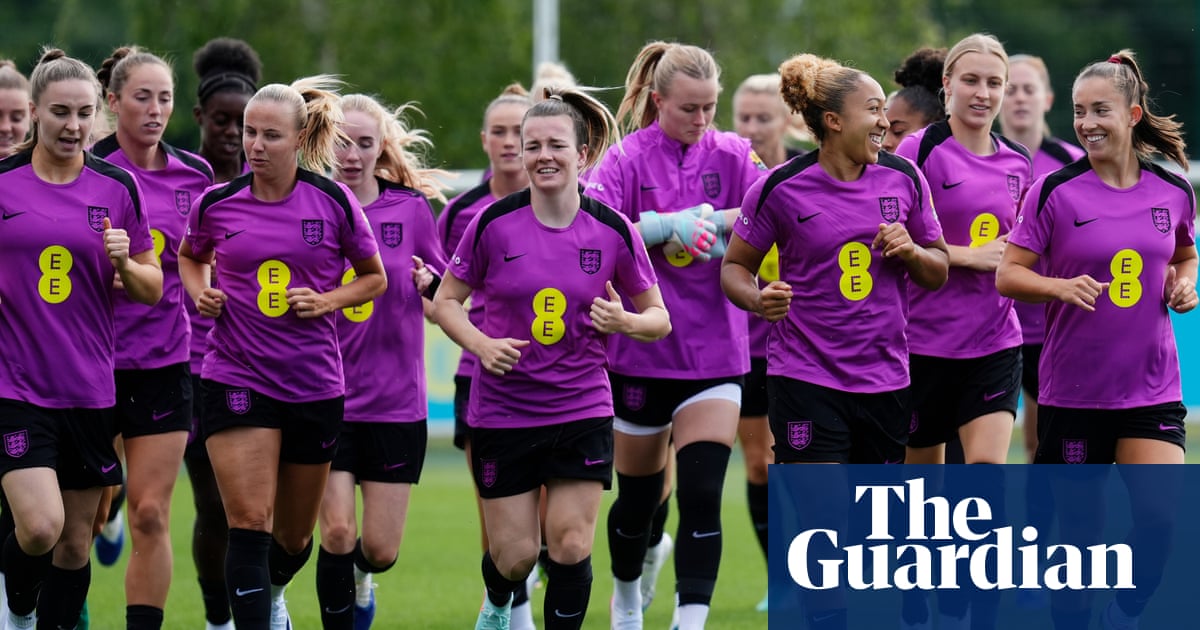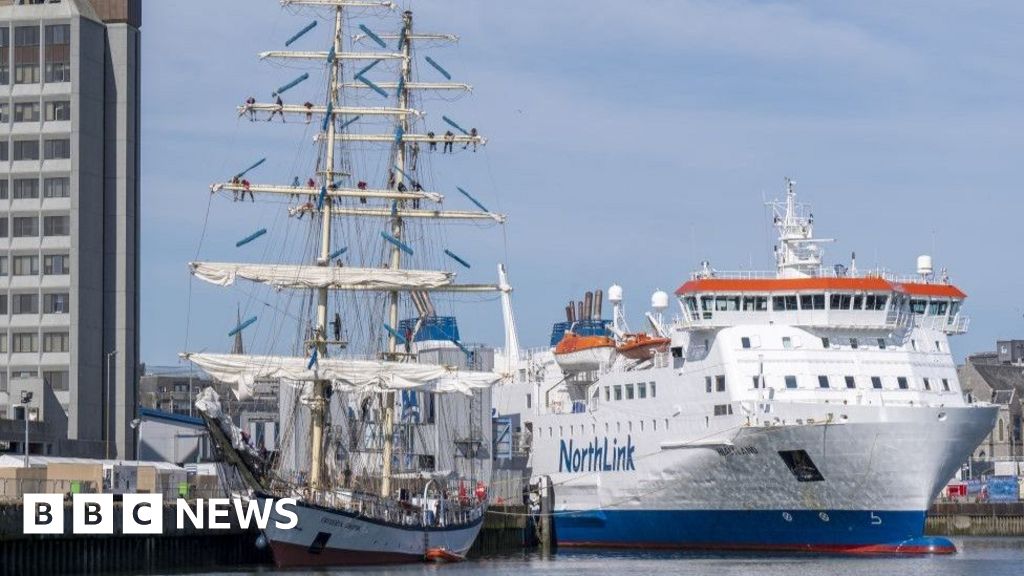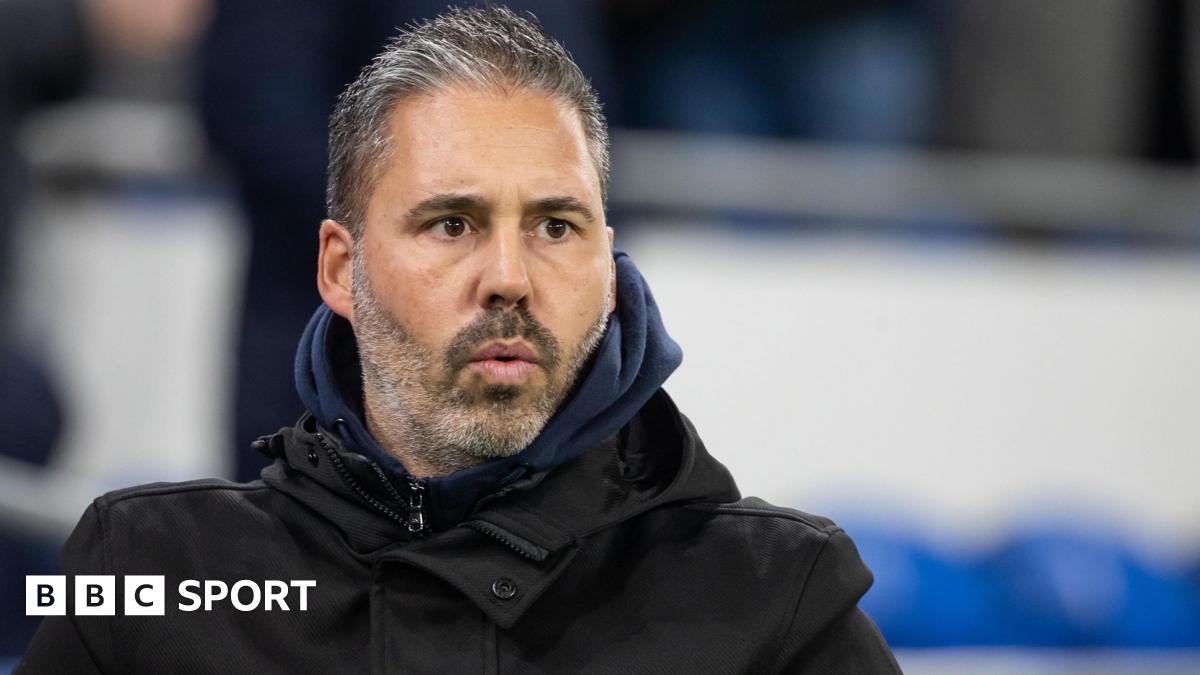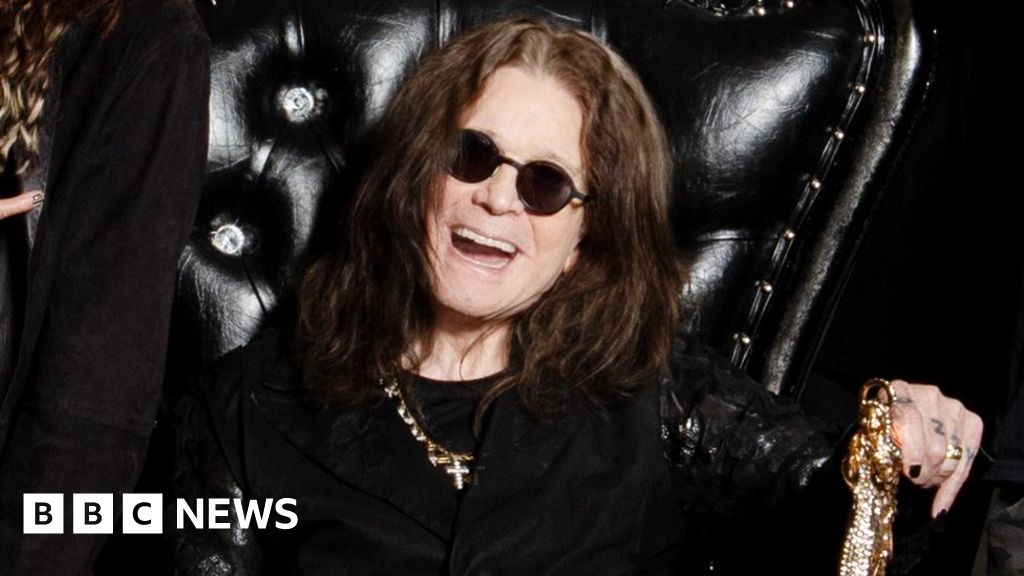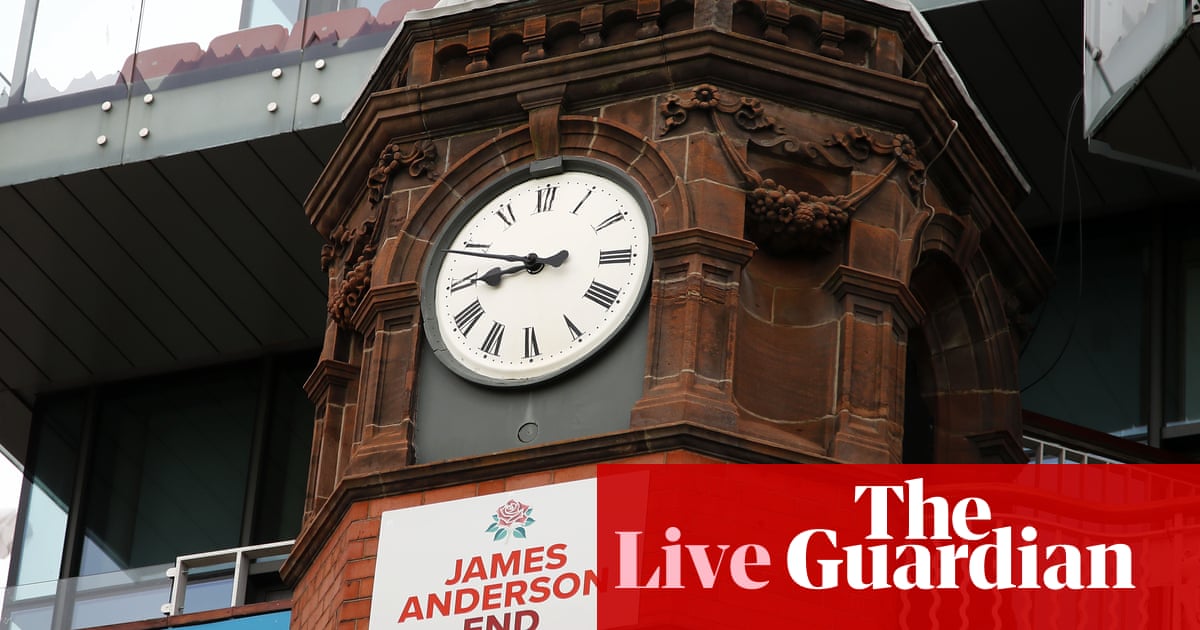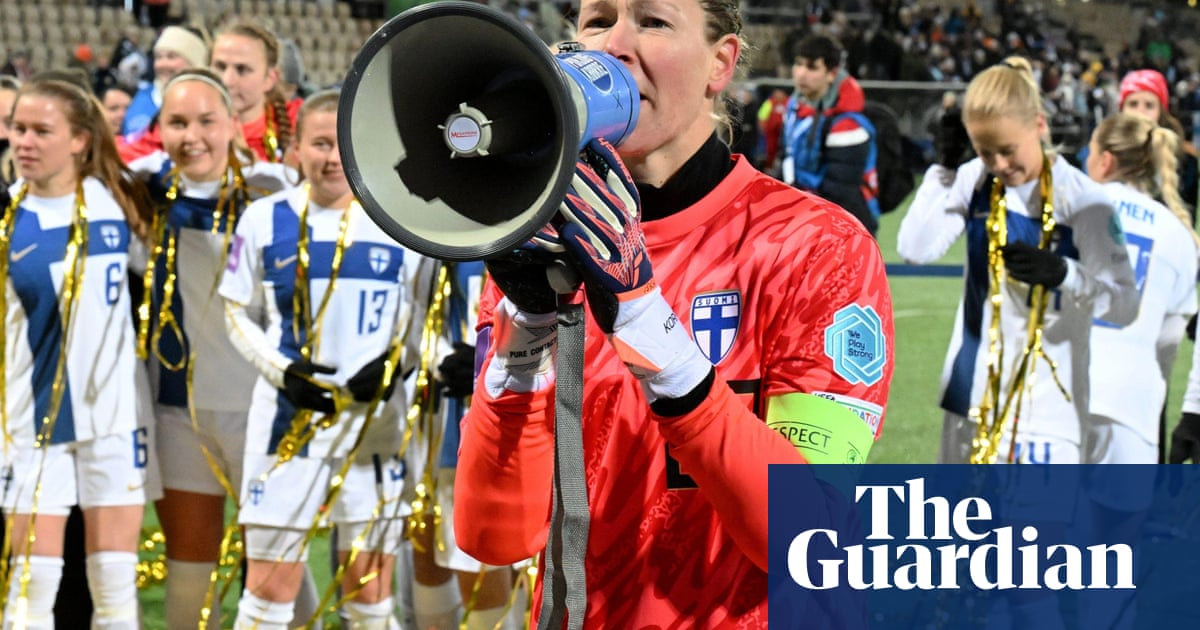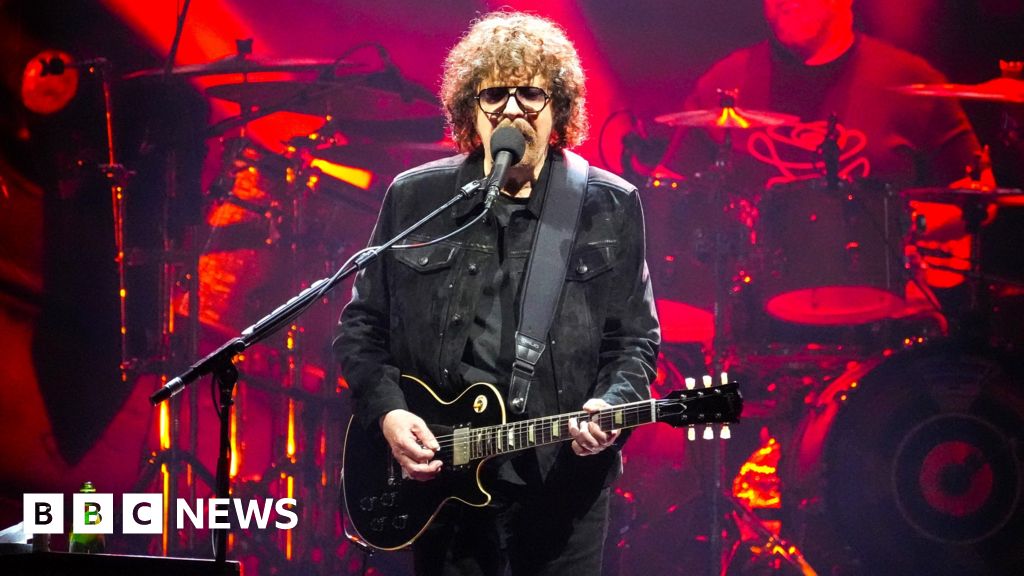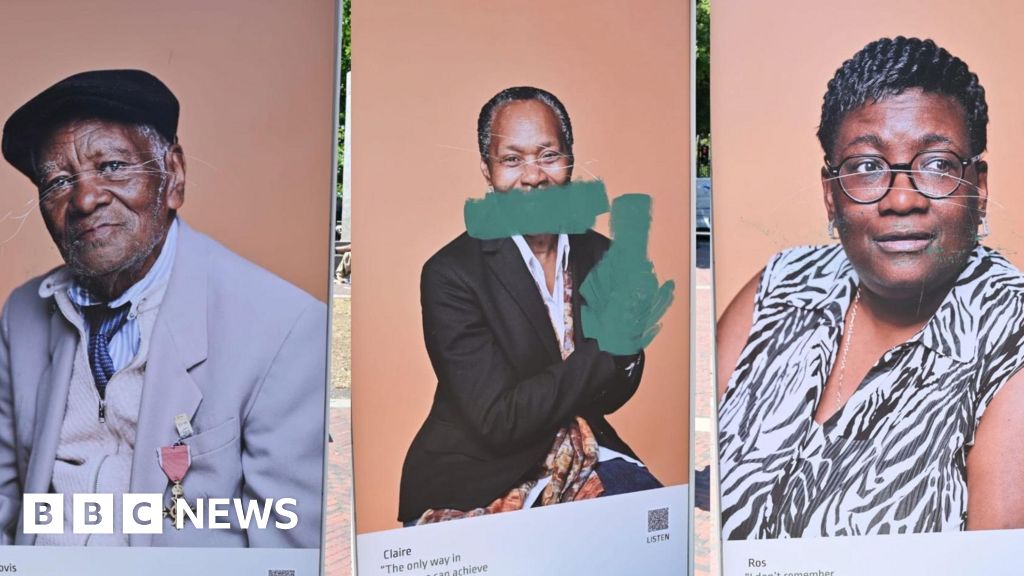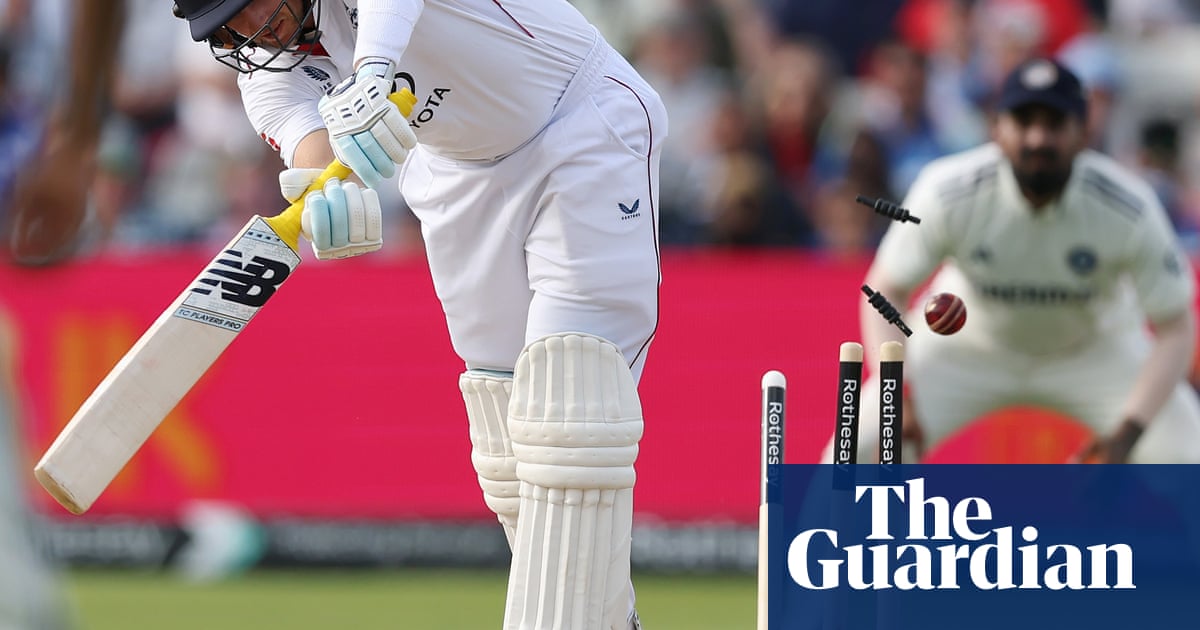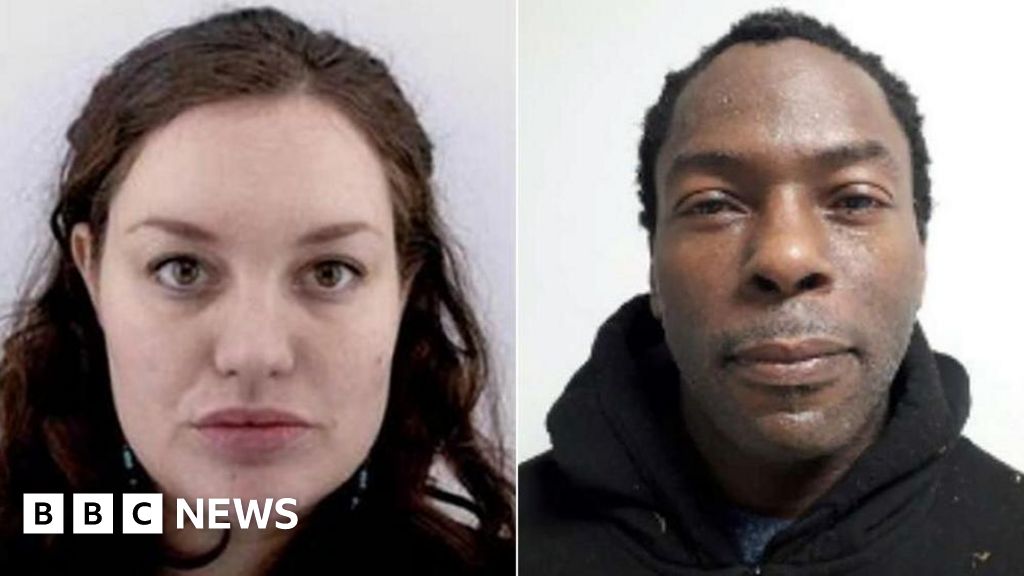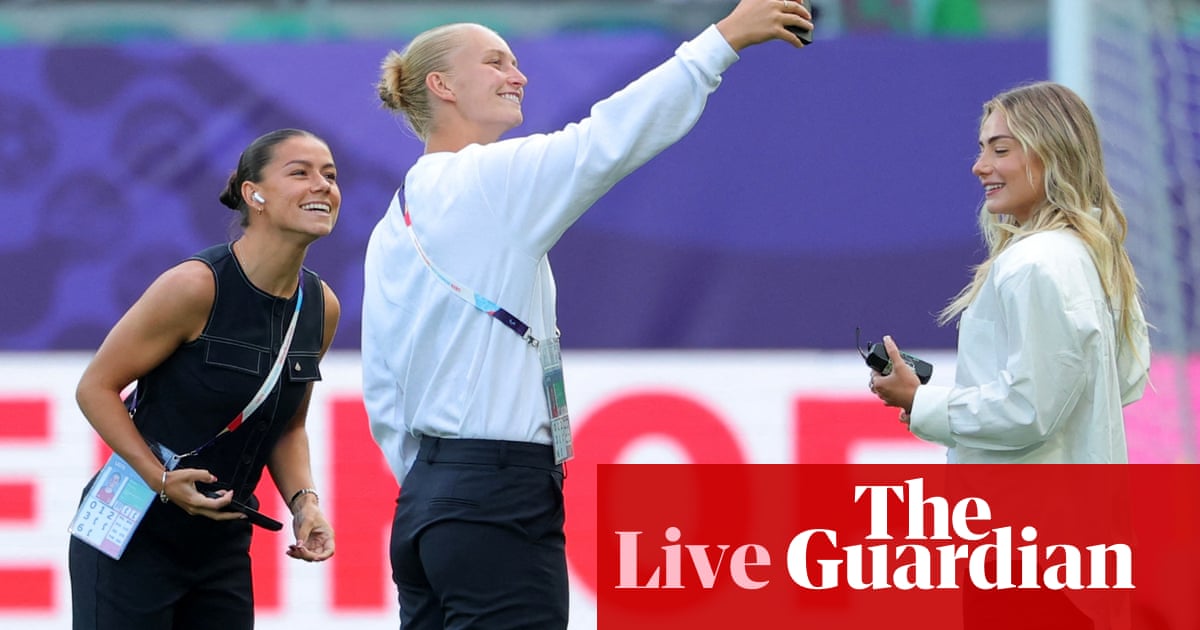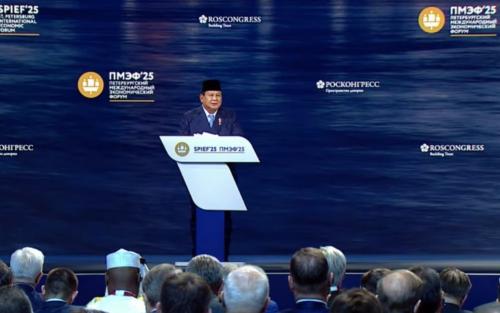Steven McIntoshEntertainment reporter

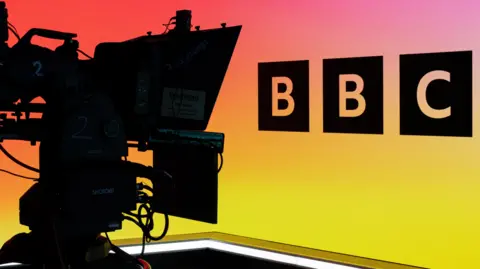 BBC
BBC
Fewer than half of BBC viewers who responded to a major questionnaire sent out by the broadcaster think the corporation is effective at being independent from the government.
More than 870,000 members of the public answered questions online about the BBC and its place in society.
While 91% of respondents said it was important for the BBC to be independent from the government of the day, only 43% said they thought it was succeeding effectively in practice. A further 38% said they thought it was ineffective.
BBC director general Tim Davie said the results showed "our audience wants an independent BBC, delivering high-quality programmes and content that they can trust".
The BBC invited audience members to have their say in a series of on-air promotions across TV and radio. It also sent emails to 40 million BBC account holders.
The results of the Our BBC, Our Future questionnaire come after the relationship between the BBC and the government has been in the spotlight.
Culture Secretary Lisa Nandy appeared to call for Mr Davie's resignation this summer after a string of scandals, including antisemitic comments by punk duo Bob Vylan at Glastonbury being broadcast on iPlayer, and the revelation that a Gaza documentary was narrated by the son of a Hamas official.
In August, former BBC director of news James Harding told the Edinburgh TV Festival that Nandy's involvement in the Bob Vylan scandal was "chilling", and criticised "political interference", or the perception of it, at the BBC.
Last year, BBC chair Samir Shah said there was "an almost perpetual government review over the BBC" as a result of the requirement for ministers to renew the broadcaster's royal charter every 10 years.
Meanwhile, questions about the BBC's independence were raised when former Tory donor and Rishi Sunak's ex-boss Richard Sharp was named BBC chair in 2021. Mr Sharp resigned two years later over his links to Boris Johnson.
Also in 2021, Theresa May's former communications chief Sir Robbie Gibb was appointed to the BBC board.
One other major gap identified by the questionnaire results was the percentage of respondents who felt the BBC should reflect different parts of the UK and the people who live there (76%), and the percentage who felt it actually did (51%).
"These are gaps that will need to be worked on and addressed as a priority as the BBC's future is debated and we plan how to serve the public better," the BBC said.
The questionnaire also found:
- 80% of respondents said it was important for the corporation to offer high-quality digital services, while 78% said the BBC should offer something for everyone
- 82% said it was important to provide a valuable public service, while 76% said it should be an asset for the UK around the world
- 83% said it was important that the BBC continued its mission to inform, educate and entertain
- 78% of respondents said the BBC should offer something for everyone, but only 59% said it was effective at doing so
In his statement, Mr Davie described the response to the questionnaire as "incredible", which he said "shows just how much people care about the BBC".
"I strongly believe the BBC has never been more needed, both in the UK and around the world," he said.
"The results of the questionnaire are clear – our audience wants an independent BBC, delivering high-quality programmes and content that they can trust; that tells the stories that matter to them and that reflect their lives."
Mr Davie thanked those who took part, adding: "We are here to deliver for audiences across the UK and we will be taking everything they have told us with us as we shape the future of the BBC."
.png)
 5 hours ago
4
5 hours ago
4
